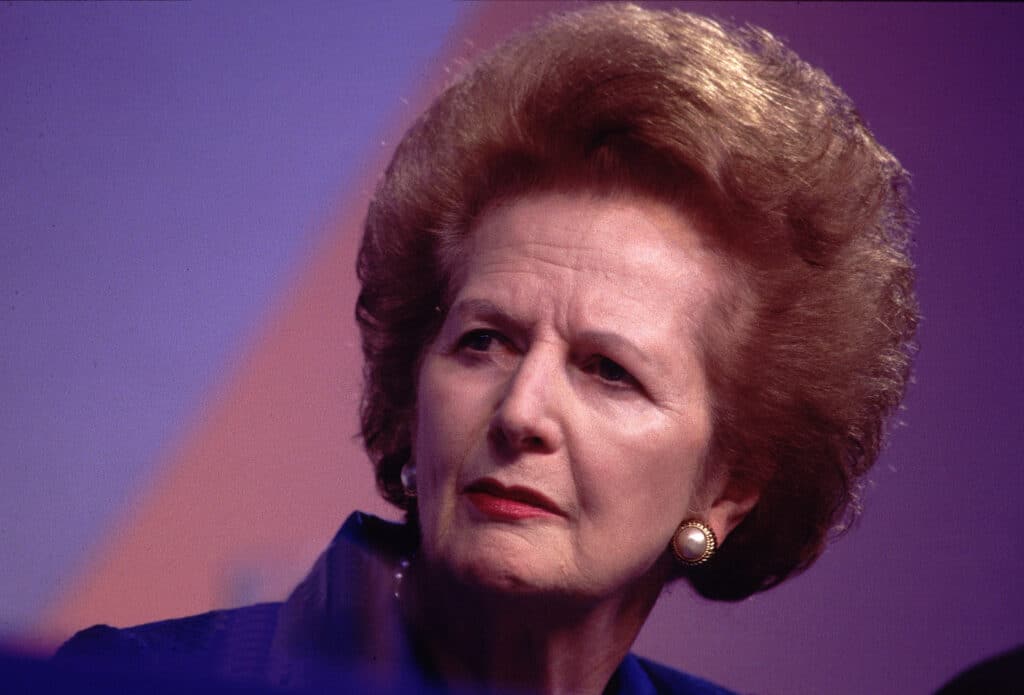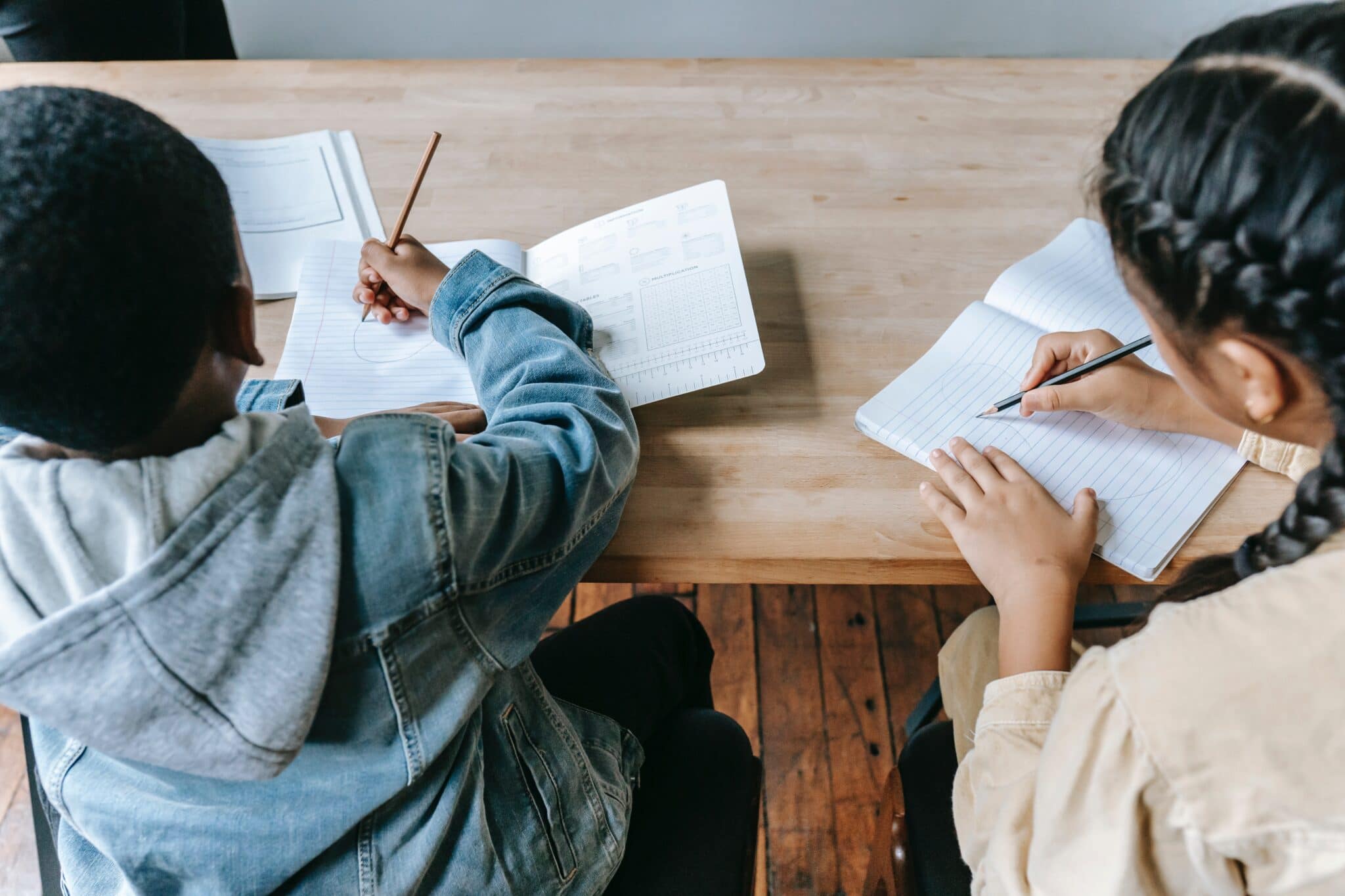Eighteen years after the repeal of Section 28 in England and Wales, almost one in five (17 per cent) teachers are still uncomfortable speaking to pupils about LGBT+ issues, new research has found.
The survey of 6,179 primary and secondary teachers across the UK found that only a third (29 per cent) of teachers are “completely comfortable” talking about LGBT+ issues in the classroom, despite a new curriculum reinforcing the need to include LGBT+ topics in schools.
The poll, commissioned by LGBT+ youth charity Just Like Us, found that primary school teachers were especially wary, with 19 per cent of those surveyed stating they were “uncomfortable” teaching LGBT+ issues in class.
Though the majority of respondents were completely (29 per cent) or mostly (52 per cent) comfortable with discussing LGBT+ topics with pupils, three per cent of poll-takers said they would still be “completely uncomfortable” talking about LGBT+ lives.
One London teacher, who wished to remain anonymous, said: “As a primary school teacher and a gay person, I have never felt very comfortable talking about LGBT+ inclusion in school because I’ve feared parents’ negative responses.”
Research comes 18 years after Section 28 was repealed
Section 28 prohibited the “promotion of homosexuality” by schools and local authorities. The discriminatory law came into effect on 24 May, 1988 as the AIDS epidemic fuelled homophobic attitudes, and left queer young people with no access to information about their identities.
In a now-infamous speech at the 1987 Conservative Party Conference, Margaret Thatcher said: “Children who need to be taught to respect traditional moral values are being taught that they have an inalienable right to be gay.
“All of these children are being cheated of a sound start in life.”

It was repealed on 18 November, 2003 in England and Wales after 18 years of campaigning from LGBT+ people. But almost two decades on, growing up queer in schools remains “unacceptably tough”, said Dominic Arnall, chief executive of Just Like Us.
“Today marks 18 years since Section 28 was repealed in England, yet clearly things have not changed as much as we like to think and, as a result, growing up LGBT+ is still unacceptably tough,” he said.
“We don’t blame teachers for feeling uncomfortable – they may not have had the resources or personal life experiences – but all you need is a willingness to support your pupils.”
In April 2019, the government passed new regulations for teaching relationships and sex education (RSE) in England, meaning since September 2020, all secondary schools have been required to teach LGBT-inclusive RSE, while primary schools must teach relationship education, including discussion of different family types.
However, the anonymous teacher said: “There is an overwhelming false belief that to talk about LGBT+ people or families would be to talk about sex. In reality, being LGBT-inclusive is actually most commonly about explaining that there are different types of families, such as gay dads, wellbeing and allyship.
“As early as nursery and reception, children hear about heterosexual relationships in books and play at being a heterosexual family in the home corner. They are constantly bombarded with cisgender, heterosexual people, and pupils should be learning that LGBT+ people simply exist.”
Gay teacher says being out at school helps children with queer parents
Not all teachers feel unable to be their complete selves in the classroom.
Alan Valera-Sheppard, a year four teacher in Hampshire, said being open about his own family at school has in turn helped students from LGBT+ families feel more accepted.
He told PinkNews: “I spent probably most of my youth trying to cover up who I really was, and in some ways that has not changed as much as I would have liked it to have changed to be honest.
“What has changed is the culture in schools. I felt pretty invisible when I was at school… whereas now, there is much more of a proactive approach to inclusion and celebrating different families.”
Valera-Sheppard said when he first started teaching in year one, “I did that thing where you keep your head down”.
That changed when he encountered a pupil with two mums.
“One of the topics they learn is to introduce themselves and say who they are. He was introducing his family and he went all red and quiet and shy. One of the other children said: ‘He hasn’t even got a dad, he’s got two mums,’ and he looked quite ashamed.
“I was compelled to say: ‘Well that’s a bit like my family, I’ve got two dads in my family and we’ve got children.’ That was quite freeing.”
“I can be my authentic self, which is helping him to feel like he can be proud of his authentic self.”
The teacher, who is also a wellbeing lead, said there is now a diversity group at school for children with marginalised backgrounds, including LGBT+ students and allies.
Just Like Us’ Dominic Arnall agrees that teaching about LGBT+ live at school an help improve the wellbeing of LGBT+ – the charity helps by providing lesson plans, assemblies and training to schools.
He added: “When so many teachers say they’re uncomfortable discussing LGBT+ topics, such as mentioning that some families have lesbian mums, this has serious knock-on effects for LGBT+ young people’s wellbeing and mental health, who are currently twice as likely to be bullied and have depression.
“Having silence around LGBT+ topics only results in shame, stigma, and students feeling that they don’t belong in school.”
